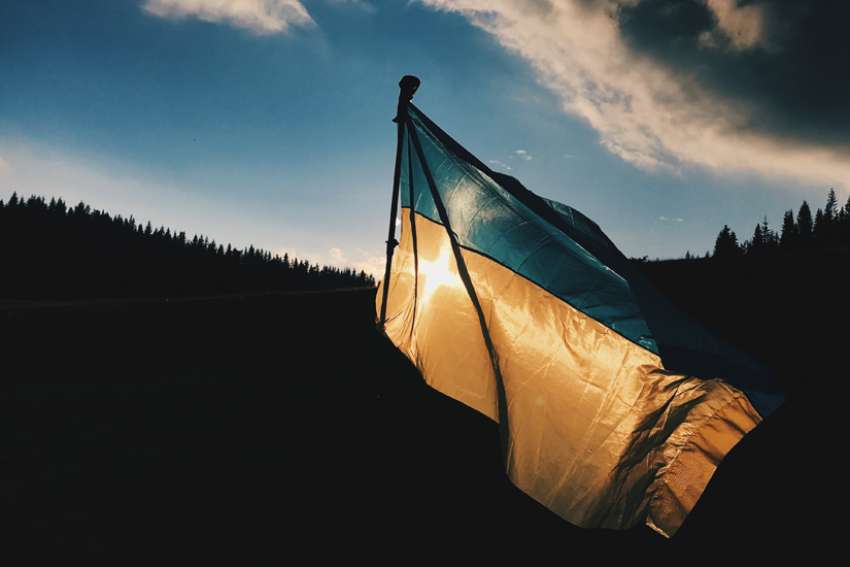Editorialists at the Daily Herald in Calgary, for example, approvingly cited the “dispassionate, unprejudiced and common sense remarks” of Reverend Father Moris who, in 1899, having toured the Northwest, preached: “As for the Galicians I have not met a single person... sympathetic towards them. They are, from the point of view of civilization, 10 times lower than the Indians. They have not the least idea of sanitation. In their personal habits and acts (they) resemble animals, and even in the streets of Edmonton, when they come to market, men, women and children, would if unchecked, turn the place into a common sewer. In many cases they have been content with building themselves holes in the ground where the family consorts with the animals... they herd together, they do not understand our ways or tongue.”
The Herald then chided those government officials supposedly giving Alberta’s farming lands over to “a horde of hopelessly immoral and filthy Galicians.”
It got worse. Exacerbated by pre-war racism and wartime xenophobia, thousands of Ukrainians and other Europeans were branded as “enemy aliens” during Canada’s first national internment operations of 1914-1920. Many were transported to 24 internment camps in the country’s frontier hinterlands, forced to do heavy labour for the profit of their jailers and subjected to other state-sanctioned censures, including disenfranchisement. After the Great War’s end, many citizens called for their jobs to be given to returning soldiers “or any other white man.”
As for this imported “race of inferior beings,” also prosaically described as “the bohunks of Central Europe,” one MP, Herbert S. Clements (Kent West) even recommended: “…every alien in this Dominion should be deported at the earliest opportunity. Cattle ships are good enough for them.” Clement’s contemporary, Sir Hugh J. Macdonald, counselled: “Fear is the only agency that can be successfully employed to keep them within the law and I have no doubt that if the Dominion Government persists in the course that it is now adopting the foreign element here will soon be as gentle and easily controlled as a lot of sheep.”
Obligingly, he even specified which “races” were “undesirable” — Ruthenians, Russians, Poles and Russian and German Jews, allegedly all bearers of Bolshevism. Thankfully, proposals demanding these unfortunates wear badges identifying them as such were not adopted, that particular indignity being left for the Nazis to force upon Jews during the Holocaust.
Throughout the interwar period immigration quotas discriminated against many “races,” including Ukrainians. Having already been subject to being rounded up as “enemy aliens,” not because of anything they had done wrong but only because of who they were, Ukrainians and their children were now expected to assimilate. Across the Prairies teachers were forbidden from speaking Ukrainian during school hours even in districts where the majority of the population were Ukrainian speakers. Today some might label this as a cultural genocide.
Arguably it was not until the Second World War, after Ukrainian Canadians proved their “loyalty” by being overrepresented as volunteers for overseas duty in the armed forces, that prejudices began to fade, although far from entirely. I well remember — and I was born and raised in Kingston — having a biddy on a bus tell my mother and me to “stop speaking (our) f*****g foreign language.” And, of course, with a name like mine, I got my “share” of hazing.
Who today should right such historic wrongs? Can someone in our time really apologize for the bigots of yesterday? And why are even heartfelt expressions of contrition so often dismissed as insufficient, as Pope Francis learned during his visit to Canada this summer? Do the descendants of the Ukrainians whose remains still lie in unmarked graves in the boreal forest of Quebec’s Abitibi region deserve financial compensation? Long ago, I asked a survivor of the internment operations that very question. I knew Mary Manko’s sister, Nellie, died at Spirit Lake. I was deeply moved by what she said. She insisted our redress campaign should be “about memory, not money.”
I welcomed Mary’s prescription then. And I still do. Profiting from the past pain of others is just plain wrong.
(Lubomyr Luciuk is a professor of political geography at the Royal Military College of Canada and a Fellow of the Chair of Ukrainian Studies at the University of Toronto.)


